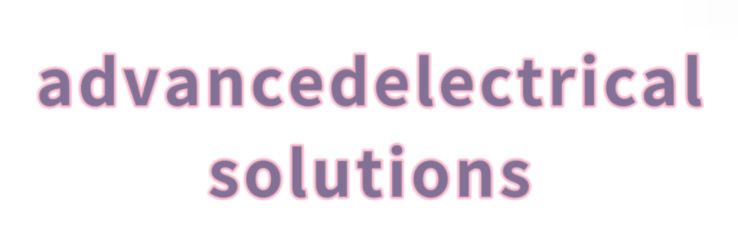10 Questions You Should Know about Solar Energy Storage Systems
Solar energy storage systems are revolutionizing the way we harness and utilize renewable energy. As the industry grows, so does the number of questions surrounding the technology. Here are 10 essential questions you should know about solar energy storage systems, along with insights from several industry experts.
1. What are Solar Energy Storage Systems?
Solar energy storage systems allow excess solar energy generated during sunny days to be stored for use during cloudy days or at night. According to Dr. Emily Thorpe, a renewable energy researcher at the Solar Energy Research Institute, “These systems play a critical role in maximizing the benefits of solar energy by providing reliability even when the sun isn’t shining.”
2. How Do They Work?
Dr. Mark Collins, a leading expert in energy technologies, explains, “These systems typically use batteries to store energy. The solar panels charge the batteries during peak sunlight, and the stored energy is then used when needed.” This process helps to reduce dependency on the grid and improve energy efficiency.
3. What Types of Batteries are Used?
There are various types of batteries used in solar energy storage, including lithium-ion, lead-acid, and flow batteries. Maria Santos, a battery technology expert, highlights, “Lithium-ion batteries are the most popular due to their high energy density, but lead-acid batteries are often more affordable for residential users.”
4. What is the Cost of Solar Energy Storage Systems?
The cost can vary widely depending on the technology and capacity. John Smith, a finance analyst specializing in renewable energy, states, “On average, homeowners can expect to spend between $7,000 and $15,000 for a complete solar energy storage system, which may seem steep, but the long-term savings on electricity bills can be significant.”
5. Are Incentives Available?
Government incentives can significantly reduce costs. Adam Green, an energy policy analyst, notes, “Many regions offer tax credits, rebates, and even financing options specifically for solar installations and energy storage systems, making them more accessible to homeowners.”
6. How Long Do These Systems Last?
Industry longevity varies by type and usage. According to Dr. Lisa Wong, a material scientist, “Most lithium-ion batteries last about 10 to 15 years, while lead-acid batteries may last 5 to 10 years with proper maintenance.” Regular monitoring and maintenance can help extend their lifespan.
Additional reading:How to Select a Reliable Three-Phase Power Quality Analyzer?
7. What are the Environmental Impacts?
Measurement & Analysis Instruments
While solar energy is clean, battery production poses environmental challenges. Environmental scientist Rachel Grant states, “It is crucial to consider the lifecycle of batteries, from production to disposal. Sustainable practices in battery production can mitigate these impacts.”
8. Can Solar Energy Storage Systems Power a Home During Outages?
Yes, one of the key benefits of these systems is backup power. Kyle Roberts, an electrician, explains, “Many homeowners choose solar storage solutions specifically for their ability to provide power during grid outages, offering peace of mind.”
9. What is the Future of Solar Energy Storage?
Innovation is driving growth in the field. Future advancements, according to tech visionary Karen Lee, include “solid-state batteries and enhanced recycling methods, aiming for higher efficiency and reduced environmental impact.” These innovations could revolutionize the energy landscape.
10. How Do I Choose a Solar Energy Storage System?
Choosing the right system depends on individual needs. Energy consultant Pete Johnson advises, “Consider your energy consumption, budget, and whether you want backup energy. Consulting with a certified installer can help you make the best choice for your home.”
Understanding these ten essential questions about solar energy storage systems can empower you to make informed decisions about renewable energy solutions. With insights from leading experts, navigating the complexities of solar energy storage has never been easier.
If you want to learn more, please visit our website Three-Phase Power Quality Analyzer, Power Quality Analyzer, Radar Signal Generator Factory.

Comments